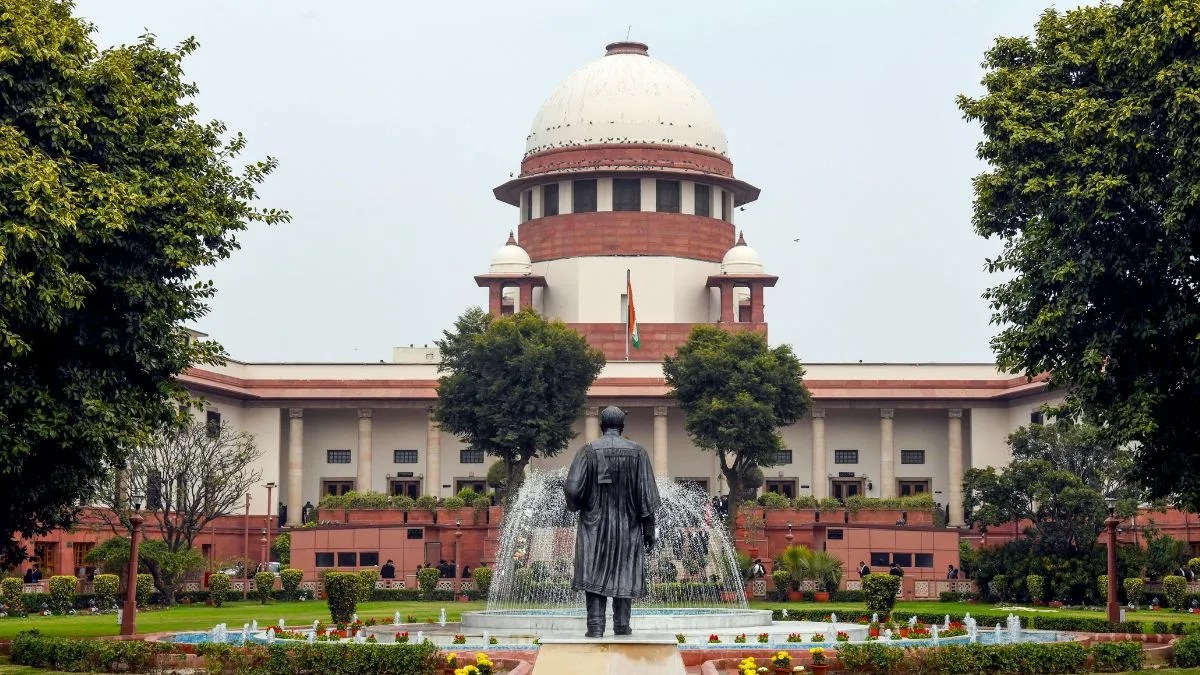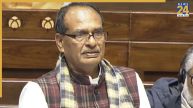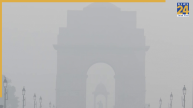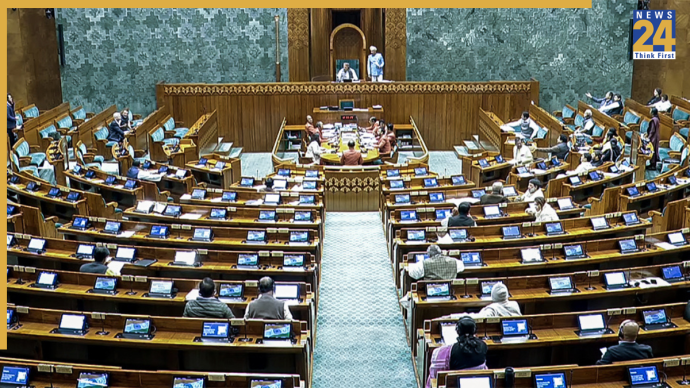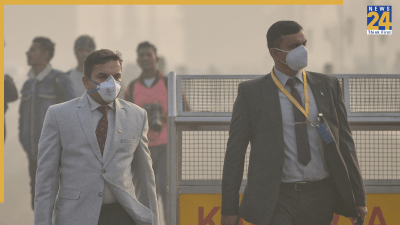On Monday, the Supreme Court issued an interim order, suspending guidelines that required shopkeepers along Kanwar Yatra routes in Uttar Pradesh to display their names. The court mandated that owners should only display the type of food served in their eateries.
Justices Hrishikesh Roy and SVN Bhatti, on a plea filed by the Association for Protection of Civil Rights, issued notices to the governments of Uttar Pradesh, Uttarakhand, and Madhya Pradesh regarding the ‘nameplate order’ requiring shopkeepers to display their names.
During the hearing, senior advocate Abhishek Manu Singhvi asserted that the order lacked legal authority and described it as ‘camouflage’
He stated, ‘It camouflages as an order for Kanwar Yatra. Those who fail to display their names will face fines. We’re discussing thousands of kilometers here. Most of these establishments are tea stalls, with some owned by fruit vendors. This spells economic death.’
He added, ‘The larger issue holds more significance. People choose restaurants based on the menu, not the staff’s identity. This directive aims to exclude based on identity. This does not align with the republic envisioned in the Constitution.’
Singhvi emphasized that yatras have been ongoing for decades, with people of all religions aiding Kanwariyas during their journey.
Also Read: Meerut: 4-Year-Old Daughter Gives Last Rites To 74-Year-Old Father, Relatives Weep
He questioned, ‘What rationale justifies the connection between the purpose of displaying names and dining at restaurants, given that the order lacks legal authority?’
‘It has never been done before. There is no statutory backing for it. The Police Commissioner does not have the authority to issue such a directive. Requiring every tea stall and roadside shop to display names of employees and owners serves no purpose,’ he said.
Last week, the Muzaffarnagar Police ordered all eateries along the Kanwar Yatra route to display their owners’ names. Subsequently, the Yogi Adityanath-led Uttar Pradesh government expanded the directive statewide. The Uttarakhand and Madhya Pradesh governments also adopted similar measures.

